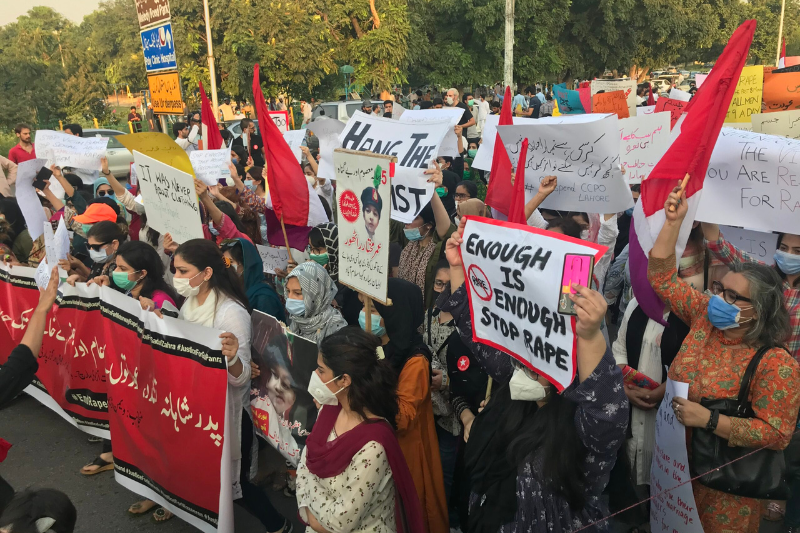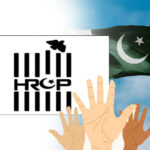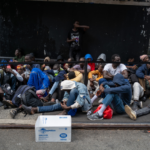
pakistan pahnji gang break norms, rap freely ‘unsaid things’
Like Sufi saints broke barriers centuries ago with their poetic expression, “The Pahnji Gang” have taken to rap to speak freely about issues that are swept under the carpet because it makes people uneasy.
The brother sister group The Pahnji Gang, from Pakistan’s Sindh, rap about honor killings, child labor, sexual violence and police brutality, as well as enforced disappearances. Now, Sindhi Chhokri (real name Urooj Fatima) and her brother Toxic Sufi (real name Mohammad Kapri) have taken over YouTube with their song Inqilab (revolution), and also garnered applause at the Lahooti Melo musical festival in Hyderabad.
Fatima says the feedback and response has been overwhelming.
Alternatives to Protest – Rap and Music
Saif Samejo, a Sufi musician and founder of Lahooti Melo, said The Pahnji Gang talked about resistance in the way that Sufi saints talked about it hundreds of years ago. “Their poetic expression found resonance with the spectators.”
Keep Reading
Samejo explained that disenchantment is widespread in Sindh among young people. They are unwilling to accept the status quo and are fighting to bring about change. “Those in power and in cahoots with the religious leaders have indoctrinated the uneducated masses through fear and patronage. Many have found an alternative, registering resistance and protest and demanding change in a peaceful way.”
The musician believes fusion of Sindhi and Urdu gave a touch of authenticity. It connected with the audience and The Pahnji Gang’s feeling of rage and disillusionment. Samejo believes the power of song can really unite people.
Rap and Aspirations
Fatima shared that when she first heard hip-hop, she didn’t like it because all she heard was anger and yelling! She heard Emiway Bantai and realized that music could be used to highlight life’s struggles, experiences and aspirations. “I understood the rapper had found a way to vent all things wrong in the society, and I thought I could too.”
Rap is a form of nonviolent resistance or protest and over the years, it has emerged in Kashmir, Syria and Lebanon, Egypt and Libya. Rap music or lyrics are tools to resist, criticize, and protest against oppression, corruption and dictatorship.









